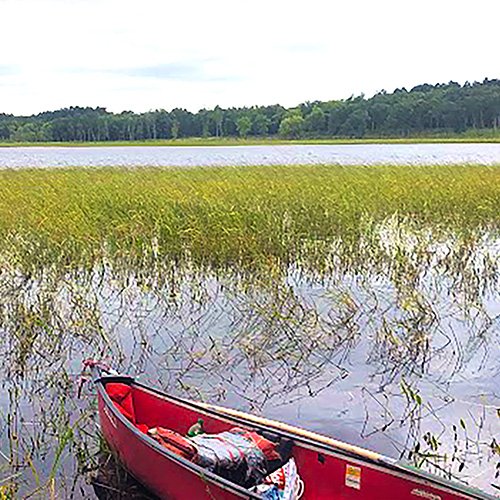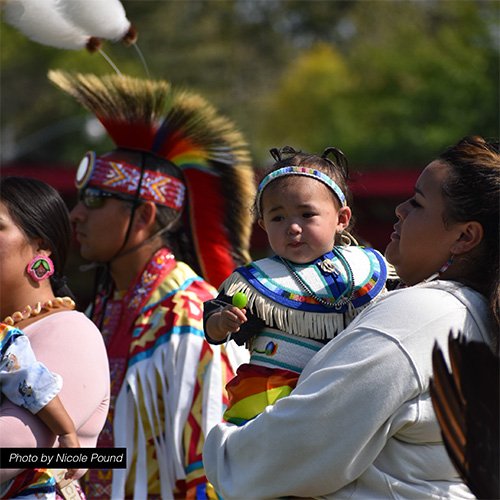Native American Public Health Modules
These modules were designed and created by Feather LaRoche, MTAG; Caroline Davis, Executive Director at We Are Healers; and Kris Rhodes, Founder and Executive Director of Asemaake. These modules are brought to you by the Center for Public Health Systems (CPHS) and the School of Public Health, University of Minnesota and initially funded by AmeriCorps.
These interactive modules were created to introduce Native American middle and high school students to the field of public health. Each module is grounded in Native values and community needs, with the goal of helping to grow awareness the importance of how public health connects to communities, cultures, and future careers.
This project is part of a larger effort to increase Native representation in the public health field. Our hope is that students feel more confident, curious, and connected, and that more Native youth start to see themselves as future leaders in health, policy, and wellness.
Why These Modules Matter
There is a large need for culturally tailored health approaches that reflect the realities of our Tribal communities. Approaches that reflect Indigenous values lead to better outcomes and can lead to deeper meaning for our communities.
‘These modules are designed with that in mind. They’re meant to spark interest, build knowledge, and help Native students feel seen in the field of public health.
What You’ll Learn
Each module takes about 20 minutes to complete, though that may vary depending on how you like to learn.
By the end of the full course, you’ll be able to:
- Understand what public health is and why it matters
- Apply Indigenous approaches to strengthen public health efforts
- Identify key challenges Tribal communities face in health and wellness
- Explore the wide range of careers in public health
Interactive Modules

Tradition and Wellness: An Introduction to Public Health
In this first module, students will learn that public health is about taking care of the whole community. This lesson introduces the basics of public health and shows how our traditions have always supported wellness through balance, care, and community. It also highlights why Native voices are needed in the field today and how Indigenous knowledge can shape a healthier future for Tribal communities.

Bridging Tradition and Public Health
The second module dives deeper into how Native communities define and practice health. You’ll explore traditional values, teachings, and ways of knowing that have supported wellness for generations. It also looks at how Indigenous approaches can strengthen public health today by focusing on relationships, respect, and the idea that everything is connected.

Paths Forward: Exploring Roles in Public Health
Native voices are needed in all areas of public health. In this module, students will learn about different careers such as health educators, policy makers, researchers, and community health workers and how each plays a role in protecting our people.
